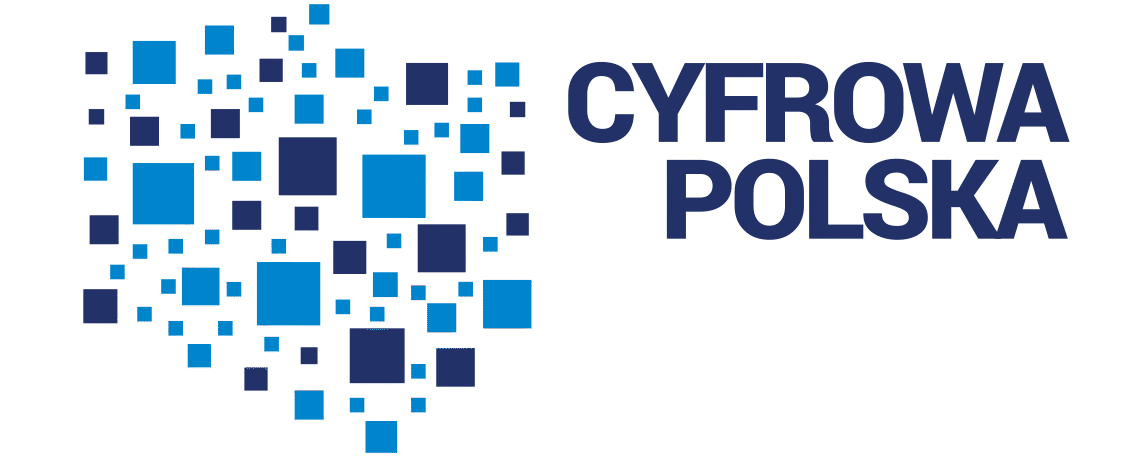Vague rules for receiving waste from the consumer, unclear responsibility implementing the hardware for reuse or unresolved issue. "grey area" in the management of electronic waste-are the main disadvantages of functioning from the beginning of the year of the amended law on waste electrical and electronic equipment. To the participants not debate organised by the ZIPSEE ' Digital Poland ", held within the framework of the" recycling Forum at Eng-Eco-System. The Ministry of environment of the promised to look at the issues.
About the problems related to the management of spent electronic equipment after the introduction of the 1 January 2016. the new provisions in the Act on zsee talked industry electronic, including Michael Kanownik, President of ZIPSEE ' Digital Poland ", Gregory Bell, President of ElektroEko and Jacek Łęgiewicz from Samsung Electronics Poland, as well as representing the Ministry of the environment, with Anand Brzdąkiewicz Bogusław Federation consumers and Filip bedrock, a lawyer with the law firm DLA Piper.

The processed input hardware on the market without control and supervision
Most interviewees agreed that some of the entries of the amendment to the Act require a correction or at least a specific clarification, because there are doubts as to their interpretation and application. What are they? Representatives of the electronics industry first of all drew attention to the responsibility for waste, which after processing in the processing plant can be placed for sale on the market. This is, however, without any control, surveillance and knowledge producers themselves. "We don't know how much of this equipment goes on the market, what kind of and meets all safety standards. And in the event of a failure, it is not known who has to bear the responsibility: undertaking processing or manufacturer. Provisions are needed, which will regulate, "said the President of the ZIPSEE" Digital Poland ' Michael Kanownik. Jacek Łęgiewicz from Samsung Electronics Poland as a good example of point to the German solution, where manufacturers are involved in the process of certification of products that are put into reuse. "Without such a mechanism, the consumer is devoid of legal certainty, which actually buys. The product may have the original serial number, but part of it may not be original, from the manufacturer, "noted Łęgiewicz. In his opinion, consumers should be informed before you buy, whether the equipment is new or whether it comes from the recovery of waste.
Apply the model of the Dutch in the reception of waste
During the debate it was also noted on the issues relating to the unpaid receipt of equipment from the consumer during the delivery of the new. The new rules allow him to make a decision about the return of the old product, even at the time of delivery itself (provided that the equipment of the same type). However, according to traders and experts-technical and logistical problems is born. "What if the carrier refuses to accept such equipment? Who will bear the responsibility? There is no provision in the law that would clarify. There is also no information, at what time the reception can take place and or. After a month from the time of delivery the consumer can request this from the manufacturer, which commissioned the new goods. The problem lies not so in the imposed on us, manufacturers obligation, because we understand, but how has it actually executed, "remarked Michael Kanownik. In his opinion, it is a good idea to model applied in the Netherlands. There, the consumer only when ordering the product declares that at the time of the delivery of new electronic equipment wants to give away the waste.

Seal of the waste management system of electric and electronic equipment
Most of the participants in the debate ZIPSEE ' Digital Poland "also admitted that the new law does not resolve problem. "grey area" in the management of waste electric and electronic equipment, namely the problem of counterfeiting documentation attesting to the implementation of the collection, treatment and recycling of entities participating in the system. According to Michael Kanownika are not only necessary, but checks and greater sanctions. "As producers we have to pay for the system management of the spent equipment and we want to make sure that we pay for the actually work. And at the moment we have no certainty. We expect that the State defaulted on its obligation, that is, will the tightness of this system and will make every effort to a gray area in this area did not operate freely, "said Michal Kanownik. "We have dozens of pages of records Act, not to the end are understandable for consumers. They do not, however, the nature of the system, "added Gregory Skrzypczak, President of ElektroEko.
Bogusław Brzdąkiewicz from the Department of waste management in the Ministry of the environment acknowledged that the resort is aware of the occurring irregularities in waste management. "We listen to your comments. Certainly in the future these provisions we will change to improve. I hope, if these irregularities will be smaller, "she said.
Debate ZIPSEE ' Digital Poland ' at the Pol-Eco-System was organized under the auspices of the magazine "recycling".
